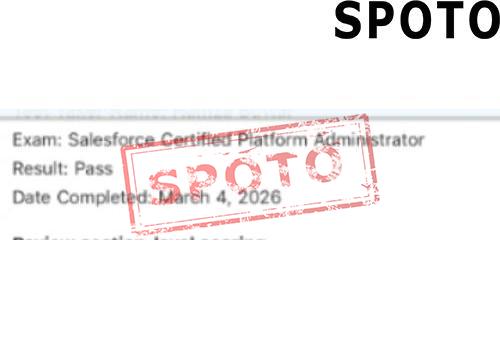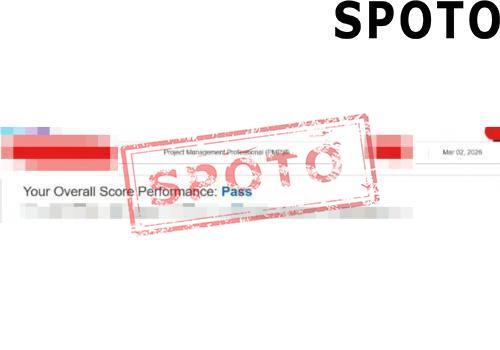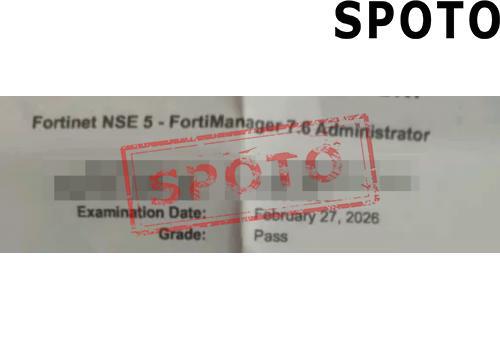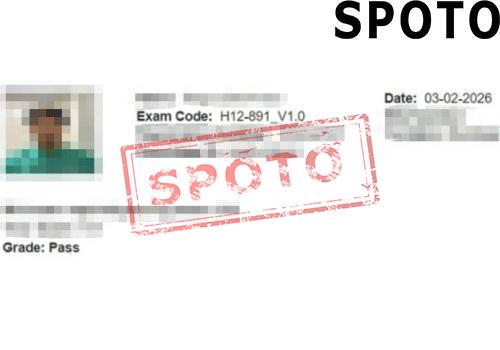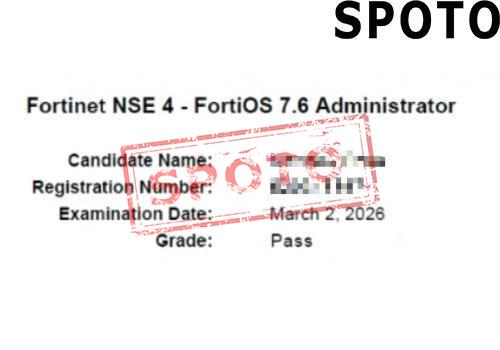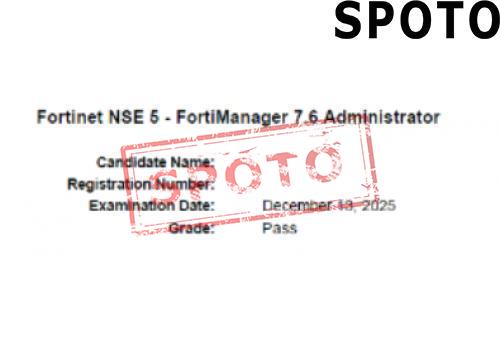
Table of Contents
- 1. Introduction to the Certified Cloud Security Professional certification
- 2. The Rewards of Being a Certified Cloud Security Professional (CCSP)
- 3. Core Components of the Certified Cloud Security Professional Certification
- 4. What are the requirements to be a Certified Cloud Security Professional?
- 5. Comparable Certifications to Certified Cloud Security Professional certification
The article introduces CCSP, a highly valuable advanced certification in the cloud security field. Its core value lies in enhancing practitioners' cloud security expertise.
1. Introduction to the Certified Cloud Security Professional certification
So you're thinking about the CCSP? Yeah, that's the Certified Cloud Security Professional—it's a world-recognized cert from (ISC)² that really shows you know your stuff when it comes to securing cloud environments. It’s not just about passing a test; it’s about proving you can actually do the work: build policies, manage risk, and keep things locked down when everything’s living in the cloud.
And let's be real—these days, everyone’s racing to the cloud. But that also means more data, more apps, and yep, way more security headaches. That’s where the CCSP comes in. This isn’t just another badge. It’s built for people who want to get hands-on with cloud security architecture, compliance, all of it… so they can help businesses move fast without cutting corners on safety. If you're the person they call when things get messy in the cloud—or you will be—this cert says you’re ready.
2. The Rewards of Being a Certified Cloud Security Professional (CCSP)
Ever heard of the CCSP? It’s offered by (ISC)²—one of the most respected names in cybersecurity certifications. This isn’t just another piece of paper; it’s a badge that tells the world you really know your stuff when it comes to cloud security. Earning it means you’ve been through a rigorous evaluation process and have proven you meet high industry standards. And that matters—especially to employers. Whether you're aiming for a role in cloud security management or looking to stand out as a consultant, having the CCSP gives you a real edge. It’s one of those certifications that doesn’t just sit on your resume—it opens doors.
The CCSP certification, a high-level certification in the cloud security field, opens up broader career opportunities, increasing opportunities for advancement to senior positions such as Senior Cloud Security Engineer, Cloud Security Architect, and Director of Information Security. This certification also often results in significant salary increases. For example, according to industry research, CCSP certification can increase an average annual salary by approximately 30%-50%.
The process of preparing for and obtaining the certification compels practitioners to systematically and comprehensively acquire a wide range of security knowledge and skills in cloud computing environments. This involves in-depth study and practical training across all aspects, from theoretical frameworks to practical operations, from data security to compliance management. This allows practitioners to better address increasingly complex cloud security threats and the diverse security needs of enterprises, enhance their ability to address cloud security challenges, and play a key role in ensuring the secure and stable operation of enterprise cloud businesses.
The cloud computing industry continues to rapidly evolve, and cloud security-related technologies, regulations, and best practices are constantly being updated and upgraded.
3. Core Components of the Certified Cloud Security Professional Certification
The CCSP certification focuses on several key dimensions of cloud computing security.
First, you need to have a deep understanding of the characteristics, advantages, and corresponding security implications of different cloud computing service and deployment models. You should be able to select the appropriate cloud computing model based on your business needs and risk appetite and understand the division of security responsibilities within each model. Furthermore, you need to master the basic framework of cloud security architecture, including the functions and interrelationships of each layer—the cloud security control layer, the management layer, and the operational layer.
You also need to learn how to classify your enterprise's data stored in the cloud and develop appropriate protection strategies for different data categories, such as using encryption algorithms of varying strengths and access control mechanisms.
To obtain CCSP certification, you also need to be proficient in common cloud platform security configuration options, including network security group settings, identity authentication and authorization configuration, and security policy customization, to ensure the security of the cloud platform itself and the business systems running on it. Learn how to securely deploy applications on cloud platforms and conduct continuous security monitoring, performance optimization, and emergency response during application operation to ensure a secure and reliable application throughout its lifecycle. These skills are essential for CCSP holders.
Finally, develop a comprehensive cloud security strategy based on the company's business objectives, compliance requirements, and risk assessment results, and ensure its effective implementation within the company. This includes regular review and updates of the security policy to adapt to the evolving cloud security environment and business needs. Utilize various security monitoring tools to monitor the cloud computing environment in real time to detect unusual activity and security threats. Verify security policy implementation and compliance through regular security audits.
4. What are the requirements to be a Certified Cloud Security Professional?
(1) Qualification prerequisites:
The CCSP certification requires candidates to possess at least five years of IT industry experience, including at least three years of information security-related experience and one year of cloud computing-related experience. These experience requirements are intended to ensure candidates have sufficient practical experience to understand and master the complex cloud security knowledge and skills covered by the CCSP. Please refer to the official regulations for details.
(2) Training and examinations:
The CCSP exam lasts 120 minutes and consists of approximately 125 questions, including multiple-choice and single-choice questions. This extensive exam comprehensively assesses candidates' knowledge and application of cloud security knowledge across all aspects. According to the official (ISC)² standards, a passing score is required, typically 70%. The specific score may vary slightly depending on factors such as exam batches and is subject to official release.
Candidates can choose to take the exam in person or online through a professional testing platform such as Pearson VUE. Candidates should prepare in advance according to the platform's requirements. Exam fees may vary slightly by region but are generally around US$599.
(3) Qualification maintenance:
The CCSP certification is generally valid for three years. During this period, the certificate represents the candidate's professional competence and can be used to demonstrate their qualifications for job applications and career advancement. To maintain the validity of the certificate, practitioners must accumulate a certain number of credits through (ISC)²-approved continuing education activities during the validity period. For specific credit requirements and maintenance details, please refer to the relevant (ISC)² regulations.
5. Comparable Certifications to Certified Cloud Security Professional certification
-
Certified Information Systems Security Professional (CISSP)
-
Certificate of Cloud Security Knowledge (CCSK)
-
Certified Information Systems Auditor (CISA)
-
Google Professional Cloud Security Engineer
